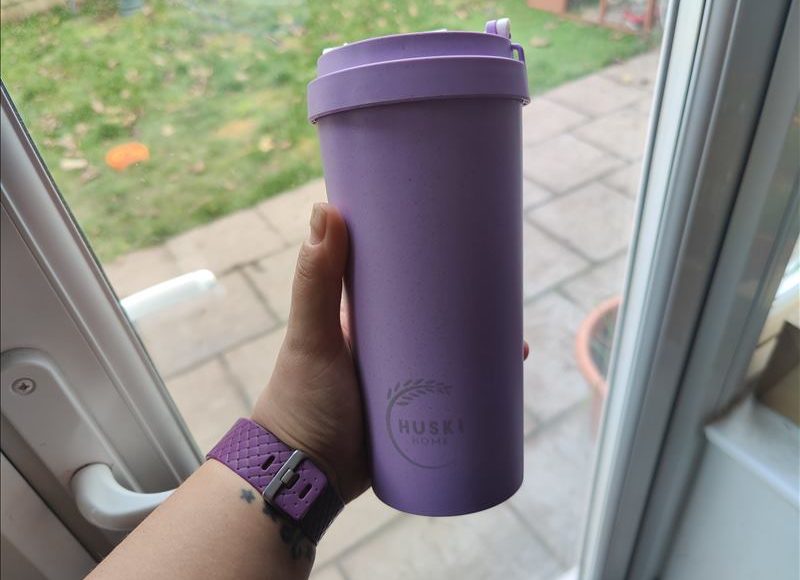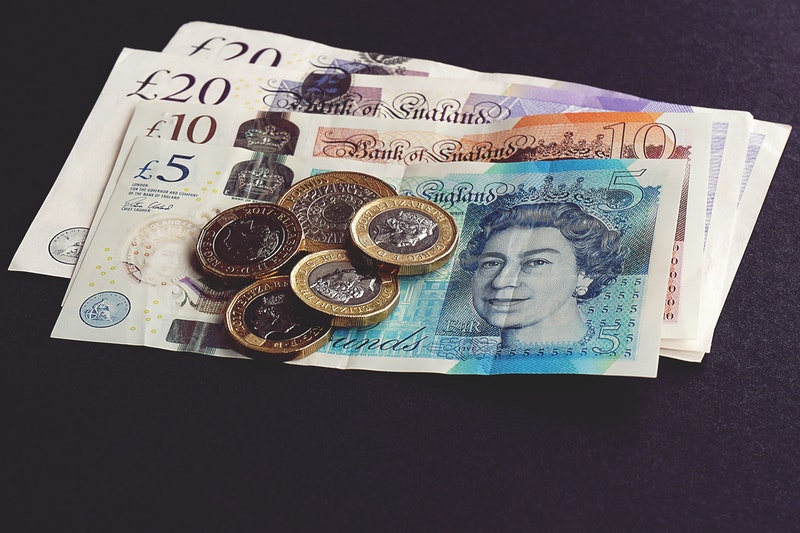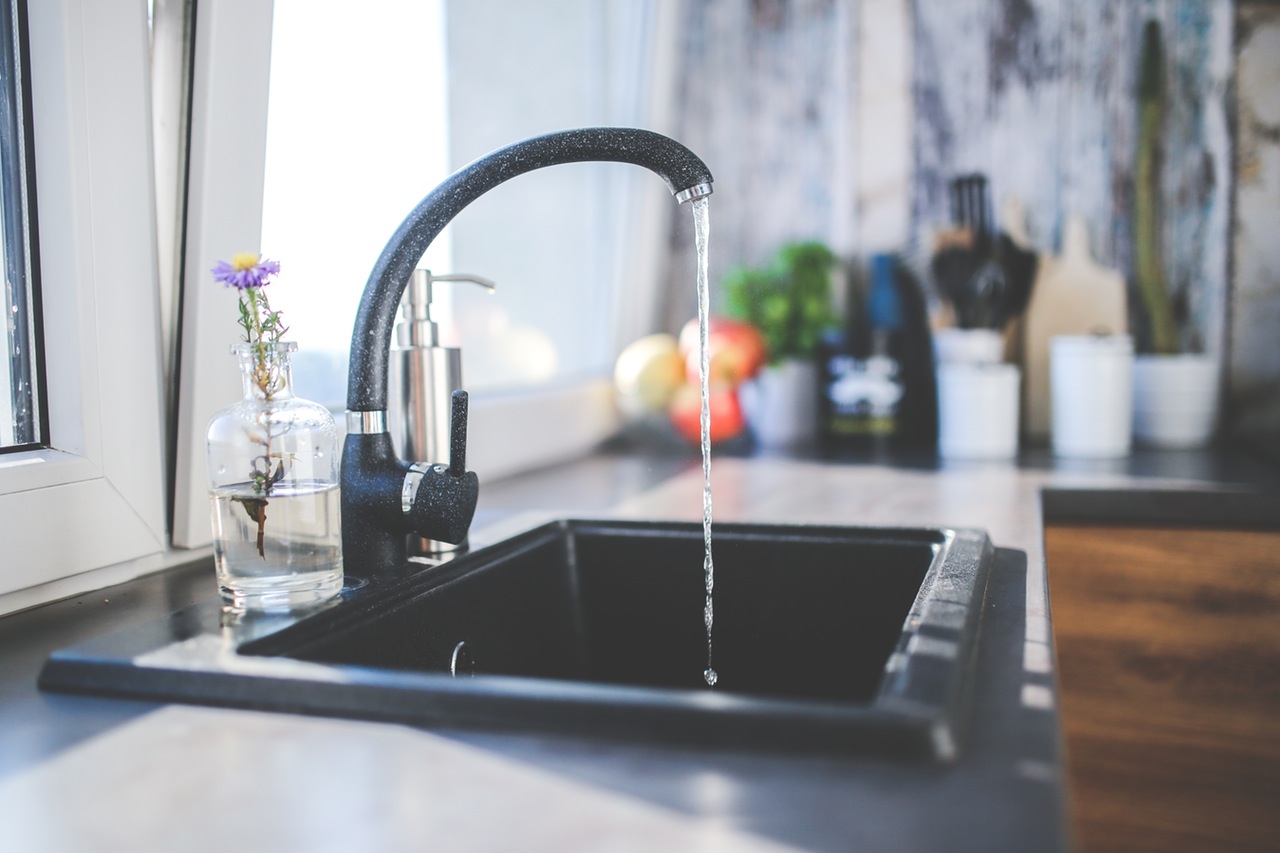10 Easy Swaps for a More Eco-Friendly Kitchen

With the New Year upon us, it’s the perfect time for our family to embrace sustainable habits that benefit both our home and the planet. The kitchen, often the heart of our household activities, is a great place to start making eco-friendly changes. Here are ten simple swaps that have helped Steve, our toddler daughter, and me create a more sustainable kitchen this year.
1. Reusable Grocery Bags Instead of Plastic:
Steve and I have made it a habit to bring reusable cloth or mesh bags on our grocery trips. They’re not only sturdier but also reduce plastic waste significantly. Keeping a set in the car ensures we never forget them, even when we’re juggling shopping with our little one. These BeeGreen Reusable Grocery Bags are perfect.
2. Glass or Stainless Steel Containers for Storage:
We’ve swapped out our plastic containers for glass and stainless steel options. They’re more durable, don’t leach chemicals, and are better for the environment. Plus, they look much nicer in our pantry or fridge, which is always a bonus when Steve’s organising our kitchen. This Glasslock Oven Safe Container Set is a great way to get started.
3. Vegan Wax Wraps Instead of Plastic Wrap:
Vegan wax wraps have become a staple in our home. They’re reusable, washable, and perfect for covering bowls or wrapping sandwiches for Steve’s lunch. Made from plant-based waxes, they are a great alternative to beeswax wraps. I love the food wraps from natissy that come in a range of different colours. Our daughter loves picking out the colourful patterns, making it a fun family activity.
4. Eco-Friendly Washing-Up Liquid and Cleaning Products:
We choose washing-up liquids and cleaning products that are biodegradable and free from harsh chemicals. Brands like Ecover and Method offer effective and environmentally friendly options that are gentle on our skin and safe for our daughter to be around.
5. Bamboo Utensils and Chopping Boards:
Switching to bamboo utensils and chopping boards was an easy decision for us. Bamboo is a sustainable material that grows quickly and requires fewer resources than traditional wood. I love the 3 piece set of bamboo chopping boards from LARHN, and the Bamboo Cooking Utensils Set from 5 Henry’s Smart Baking. Steve enjoys cooking with these tools because they feel great in hand.
6. Cloth Napkins Over Paper:
We’ve replaced disposable paper napkins with washable cloth ones like these bright and bold ones from DIYANA IMPEX. Not only do they reduce waste, but they also add a touch of elegance to our family meals. Our daughter loves picking out the colours, and it’s a small way to involve her in our sustainable journey.
7. Composting Food Scraps:
Starting a compost bin was a fun project for Steve, and it’s a great way to reduce landfill waste while creating nutrient-rich soil for our garden. Collecting kitchen scraps in our OXO Good Grips Easy-Clean Compost Bin has turned into a learning experience about nature, which our daughter finds fascinating.
8. Energy-Efficient Appliances:
When it was time to upgrade our kitchen appliances, we looked for energy-efficient models. They use less electricity, saving us money on bills and reducing our carbon footprint. It’s a win-win for our family and the planet.
9. Buying in Bulk to Reduce Packaging:
We buy staples like grains, nuts, and spices in bulk to minimise packaging waste. Bringing our own containers to the shop has become a family outing, and it’s a great way to teach our daughter about reducing waste and making sustainable choices. Of course, you will need containers for these staples, I like this OXO Good Grips POP Container set for keeping organised.
10. Using a Water Filter Instead of Bottled Water:
Investing in a water filter was a simple change that made a big difference. We have a ZeroWater Pitcher as well as one of their bigger 5L dispensers on the kitchen surface, but also recommend the Brita Marella Water Filter Jug. We enjoy clean, fresh water without the waste of single-use plastic bottles. It’s a convenient and eco-friendly choice for our family.
Conclusion:
Making these simple swaps in our kitchen has had a big impact on the environment while enhancing our daily routine. Starting small and involving Steve and our daughter in the process has made it a fun and rewarding family endeavour. Here’s to a greener, more eco-friendly year ahead for all of us!





